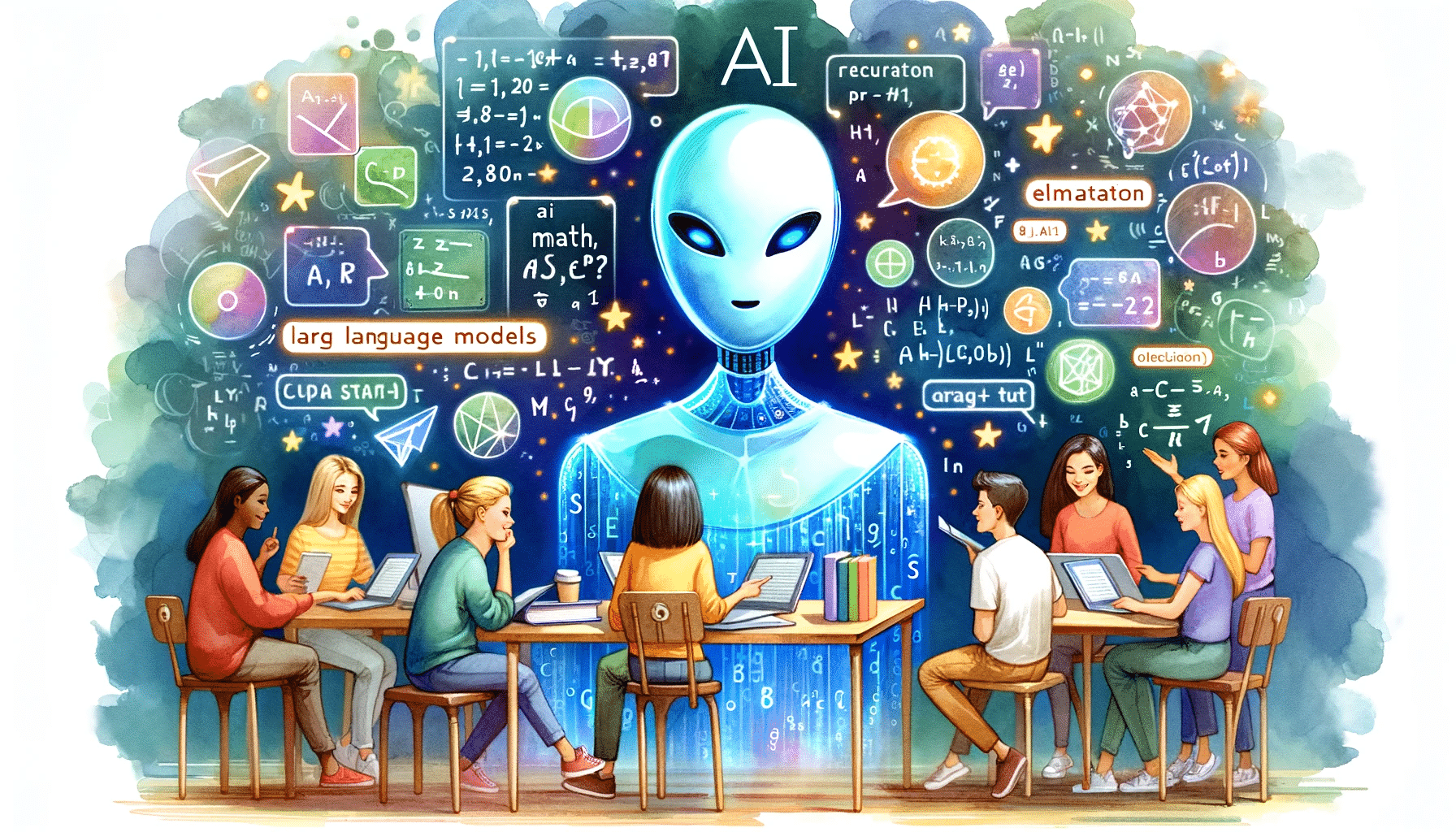Artificial intelligence is transforming how students prepare for high-stakes exams and tackle everyday schoolwork. A new study suggests that AI-powered chatbots like ChatGPT could function as personalized tutors that boost academic performance. However, as with all things in AI, effectively integrating such tools into teaching requires care and wisdom.
A Groundbreaking Experiment with ChatGPT
A recent study explored whether conversational AI could serve as an effective teaching aid for the math portion of college entrance exams. Researchers recruited approximately 1,200 SAT test-takers to participate.
The students were separated into two groups. One cohort received traditional math guidance, while the other benefited from supplementary explanations powered by ChatGPT in addition to standard help.
Strikingly, the ChatGPT-assisted pupils demonstrated much stronger exam preparation compared to their unaided peers. In fact, simply consuming the AI’s instruction appeared to result in significant gains. Reading ChatGPT’s lessons substantially improved performance before students even tried to solve problems independently.
Mimicking an Personalized Mentor
This research highlights a major advantage of modern natural language algorithms: their ability to provide tailored guidance that mirrors a human tutor. Teachers often struggle to offer personalized math instruction compatible with each student’s distinct learning pace and style – and in many cases, educators just don’t have the time to do this at scale and help every single student in a personalized way. By contrast, ChatGPT’s algorithms can synthesize explanations and examples suited to an child’s unique needs and conceptual hurdles.
For students who chronically struggle with challenging mathematical concepts, such AIs could provide the missing link to finally grasp what initially seemed unfathomable. By working personally with learners, AI tutors can pinpoint gaps in understanding and bridge them through explanations that resonate at a personal level.
Implications for Academic Institutions
The study’s findings make it clear that conversational AI could profoundly reshape education. Students could rely on such tools not solely while prepping for standardized tests but also during day-to-day studies. The prospect of having an artificial tutor that offers customized assistance on-demand could make learning more productive and gratifying.
In the years ahead, educators face a balancing act between embracing promising innovations like pedagogical chatbots while retaining time-tested educational techniques that build holistic skillsets. Curricula will likely evolve to fuse instructor-led learning with tailored AI support.
With careful attention, conversational AI could make classwork more rewarding and exams less intimidating. But sound implementation hinges on framing this emerging technology as a supplement rather than substitute. If students and institutions use AI wisely to amplify rather than alter teaching, it could allow us to rapidly level up students’ math skills at low cost and high scale.

